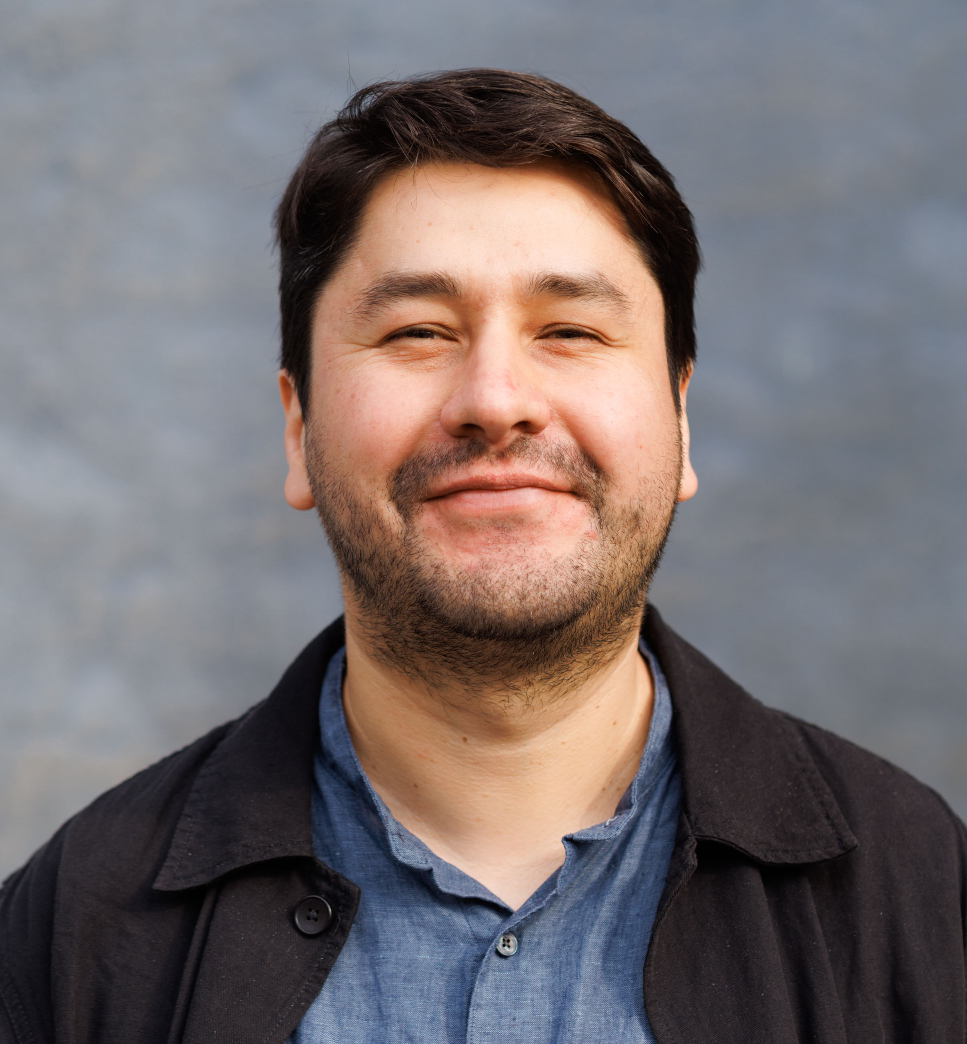Pablo is a Data Scientist at Our World In Data
 Pablo Arriagada, MPA (© Daniel Bachler)
Pablo Arriagada, MPA (© Daniel Bachler)
In Concepción, Chile, I started my career working at a university in institutional data analysis. My role involved providing analysis to support managers’ decision-making. I used spreadsheets, macros, and business intelligence tools to process student retention, performance, and graduation data. Despite enjoying my work, I didn't see new opportunities at the institution after four years.
Because of a growing interest in public policy, I wanted to work in the Chilean government or international organizations. First, I needed more knowledge, so I decided to study a master's program. After considering studying in Santiago, I began to think, “Why not abroad?” I found the MPA program at the LSE to be the best fit for me and applied for it. I liked their balance of data skills with public policy. I got accepted and also received a scholarship from the Chilean government.
My time at the LSE was probably the best time I ever had: I met people from all over the world and learned a lot. I enjoyed several courses, such as Welfare Analysis and Measurement, where I could see how poverty and inequality indices were measured; I learned Stata with the econometric courses, and I also took an optional course on processing big data with Python.
During the pandemic, I worked on an award-winning journalistic investigation about drug band territories in Santiago. As a research assistant, I created a dataset and maps about US candidates' political campaigning by train in the 19th century. I also visualized income distribution data in Latin America in collaboration with World Inequality Lab researchers. I improved my coding skills there and through online Python courses.
In 2022, I came across an opportunity to work as a data scientist at Our World in Data, an online publication focused on disseminating research and data to make progress against the world’s largest problems. My role involves processing, harmonizing, and visualizing data related to poverty, inequality, and economic development, as well as topics including human rights or foreign aid, among others. In addition, I also focus on writing explainers of this data to ensure our readers can learn about the information presented to them. The knowledge I gained at the LSE in welfare measurement has been crucial in understanding the data I work with. I mainly use Python for coding, but I also work with Stata for certain data sources.
We are constantly in contact with data providers who are very happy to see their work reaching more people. Some of them are the World Bank, the World Inequality Database, and the OECD, but also several individual researchers.
Even though I originally studied at the MPA to work in government or international organizations, I found a different way to make an impact by doing what I like. Governments worldwide use Our World in Data to make decisions, we are frequently mentioned in international reports and the media, and people interested in global development can understand the most pressing problems we face today.
Pablo is happy to connect via LinkedIn.